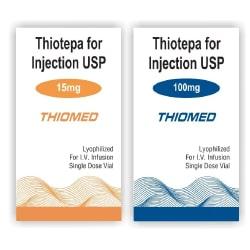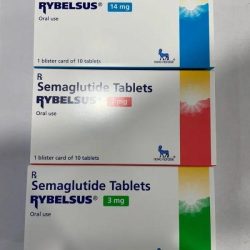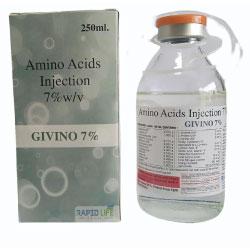Description
Thiotepa Injection is a type of alkylating agent used for the following conditions:
-
Treating Adenocarcinoma in the Breast or Ovary.
-
Managing intracavitary effusions related to neoplastic diseases in various serosal cavities.
-
Addressing Superficial Papillary Carcinoma in the Urinary Bladder.
-
Minimizing the risk of graft rejection in pediatric patients with Class 3 Beta-Thalassemia undergoing allogeneic HSCT, especially when used alongside higher doses of busulfan and cyclophosphamide as a preparative regimen.
Dosage and Side Effects
Thiotepa injection dose should be administered intravenously by a qualified healthcare provider.
The common side effects of thiotepa Injection include vomiting, abdominal pain, nausea, anorexia, fatigue, rash, weakness, urticaria, laryngeal edema, anaphylactic shock, asthma, wheezing, contact dermatitis, pain at the injection site, vision dizziness, blurred vision, headache, dysuria, urinary retention, chemical cystitis, amenorrhea, conjunctivitis and interference with the spermatogenesis.
FAQ's
What is Thiotepa Injection, and what conditions is it used to treat?
Thiotepa Injection is a chemotherapy medication used to treat various cancers, including adenocarcinoma of the breast or ovary, superficial papillary carcinoma of the urinary bladder, malignant effusions, and certain types of thalassemia.
How does Thiotepa Injection work in the body?
Thiotepa Injection works by interfering with the growth and spread of cancer cells. It is classified as an alkylating agent, disrupting the DNA structure within cancer cells to prevent them from multiplying.
Are there any precautions or considerations before taking Thiotepa Injection?
Before starting Thiotepa injection, patients and healthcare providers should discuss potential side effects, especially related to skin reactions, liver function, and the risks of pregnancy or fertility issues. Patients should also avoid live vaccines during treatment due to its impact on the immune system.
What are the potential side effects of Thiotepa Injection?
Common side effects may include skin discoloration, severe skin reactions, fever, bleeding, liver complications, and low blood cell counts. Patients should promptly report any unusual symptoms to their healthcare provider.






